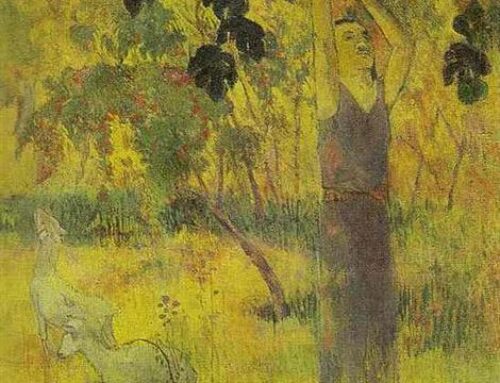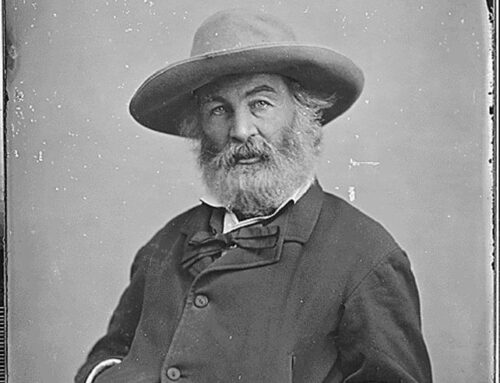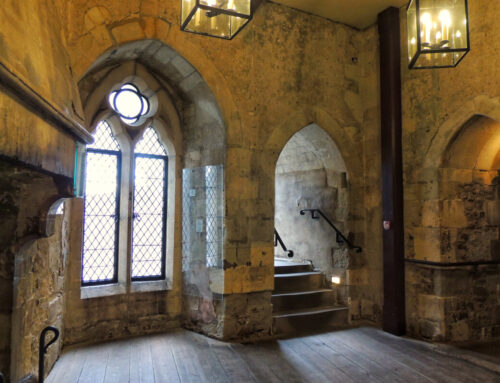Granite State humanities: how New Hampshire sees the humanities crisis. From the article:
The study of humanities is where ethics and conscience come from, or such was the sentiment at a pair of events organized earlier this week by New Hampshire Humanities, a 40-some year old nonprofit dedicated to promoting “learning, reflection, and civil conversation in the Granite State.”….
“[Humanities is the study of] how humans think and how humans create,” said Dennis Britton, Ph.D., associate professor of English at UNH. “How they think about themselves, how they think about the world. How they create themselves and how they create their worlds.”
“[Humanites are] the things that feed us beyond food,” said Gary Bouchard, Ph.D., professor at Saint Anselm College and director of the Gregory J. Grappone Humanities Institute at Saint As, in his introduction of Anthony Poore, executive director of NH Humanities. “Anthony is determined to keep us fed.”
Britton said the humanities allow people to track how we got here. “The way we think today has a very long history.”
But whatever their definition, event participants agreed the study of the humanities is in jeopardy….
Academics, like the ones in NH Humanities roundtable, tend to write to impress other academics and to gain promotion and tenure. As such, their work is often unapproachable, if not unreadable, to the layperson. NH Humanities puts a lot of its work into the so-called public humanities, making them accessible by running book-discussion programs, a portable lecture series called “Humanities to Go,” and a series of roundtables held in bars and pubs called “Ideas on Tap.”
h/t Rob Townsend (@rbthisted)
For other posts on the “humanities crisis,” see here.









Leave A Comment